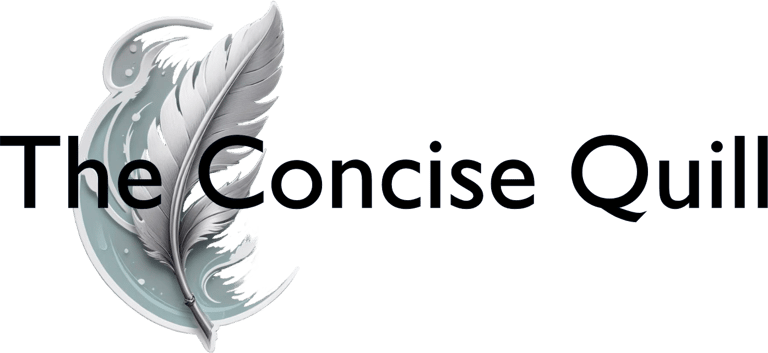

We’ve all heard the phrase “Curiosity killed the cat”, but did you know that this isn’t the whole saying? What about “Blood is thicker than water”? Did you know that’s not the whole saying either? And in both cases, the whole saying completely transforms the meaning we get from the truncated version. In this blog post we’ll look at how incomplete information, whether in common phrases or in real life situations, can lead us to entirely the wrong conclusions.
When we hear “Curiosity killed the cat”, we take that as a warning: don’t go adventuring off to seek answers to something you are curious about, it’s dangerous and will not end well. The whole saying though, is “Curiosity killed the cat, satisfaction brought it back” – which means more or less the exact opposite. Yes, go and seek answers. You might have to take some risks, you might find some things you don’t like, but ultimately, the rewards of knowledge or wisdom gained outweigh the risks. It transforms the saying from warning to encouragement.
I love telling my students this whole saying. Every time their faces light up, they smile, they feel emboldened to seek out answers, ask more, wonder more, and not hold back out of fear. They come to see curiosity as a path to growth, not a danger to avoid.
Another saying that is transformed when fully revealed is “Blood is thicker than water”. This we interpret to mean that family bonds are the Most Important Thing, and should supersede any other considerations, such as religious or community ties. But the whole saying is “The blood of the covenant is thicker than the water of the womb” – once again, turning the meaning we get from the incomplete phrasing on its head. The whole saying states very clearly that the bonds of a covenant, whether a shared belief, a promise made, or an experience shared, is the Most Important Thing, stronger and more important even than family.
This interpretation can be especially important in cases where a person’s chosen community is more supportive and / or safer than their family, for example, a person who is part of the 2SLGBTQI+ community. When family is disapproving or worse, such individuals are safer, better supported, and better loved by the covenant of care within the 2SLGBTQI+ community than they were with their family.
And of course there is the saying that anyone who has ever worked retail has come to loathe: “The customer is always right”. Say a customer comes into the clothing store where you work and says “I bought this shirt two days ago and when I washed it it shrunk!”, but when you look up their customer record, it shows that in fact they bought it two years ago. Upon inspection, you can also see that the label clearly says “dry clean only”, yet you still have to accept their word and offer a refund or exchange. However, the whole saying is “The customer is always right in matters of taste”. In other words, if a customer wants to wear a bright pink polka dot shirt with green plaid trousers and an orange top hat, your job as a sales person is to say. “That looks so great on you!” It does not mean customers should always be unconditionally believed and rewarded even when they lie or cheat.
There are situations where the consequences of incomplete information can be very serious. We live in an increasingly online world, where disinformation (deliberately misleading) and misinformation (unintentionally misleading) abounds. There are many bad actors, those who use disinformation or incomplete information such as partial disclosures, to manipulate others for their own (perhaps nefarious) purposes. Partial information can be used to get people to believe a particular viewpoint on important issues, from climate change to immigration to whether certain public figures, whether politicians or celebrities, have or have not committed immoral acts. And when we have incomplete information, we can easily come to the wrong conclusions. When mob mentality takes over based on that, it can become a very dangerous thing.
And so those wrong conclusions can have grave consequences, for individuals, for communities, for countries, and globally. It can destroy a person’s livelihood and reputation, or cost them their freedom. It can start riots and wars. It can lead to the destruction of people’s homes due to unabated climate change. It can literally cost lives. It is increasingly important that we all think critically about whether we are getting only a partial picture or the whole picture, when that whole picture might change the meaning and the outcomes of the situation. We need to be willing to question, to dig deeper, to find the complete picture.
And lastly, we’ve all heard that “Great minds think alike.” In this case, the whole saying is “Great minds think alike and fools seldom differ.” Which raises the question, are we all agreeing because we’re all brilliant? Or because we haven’t stopped to think or investigate further?
When we seek out and take in the whole picture, perhaps we can better align ourselves with the great minds and avoid agreeing with fools.
Next month: Asking good questions, getting good answers
